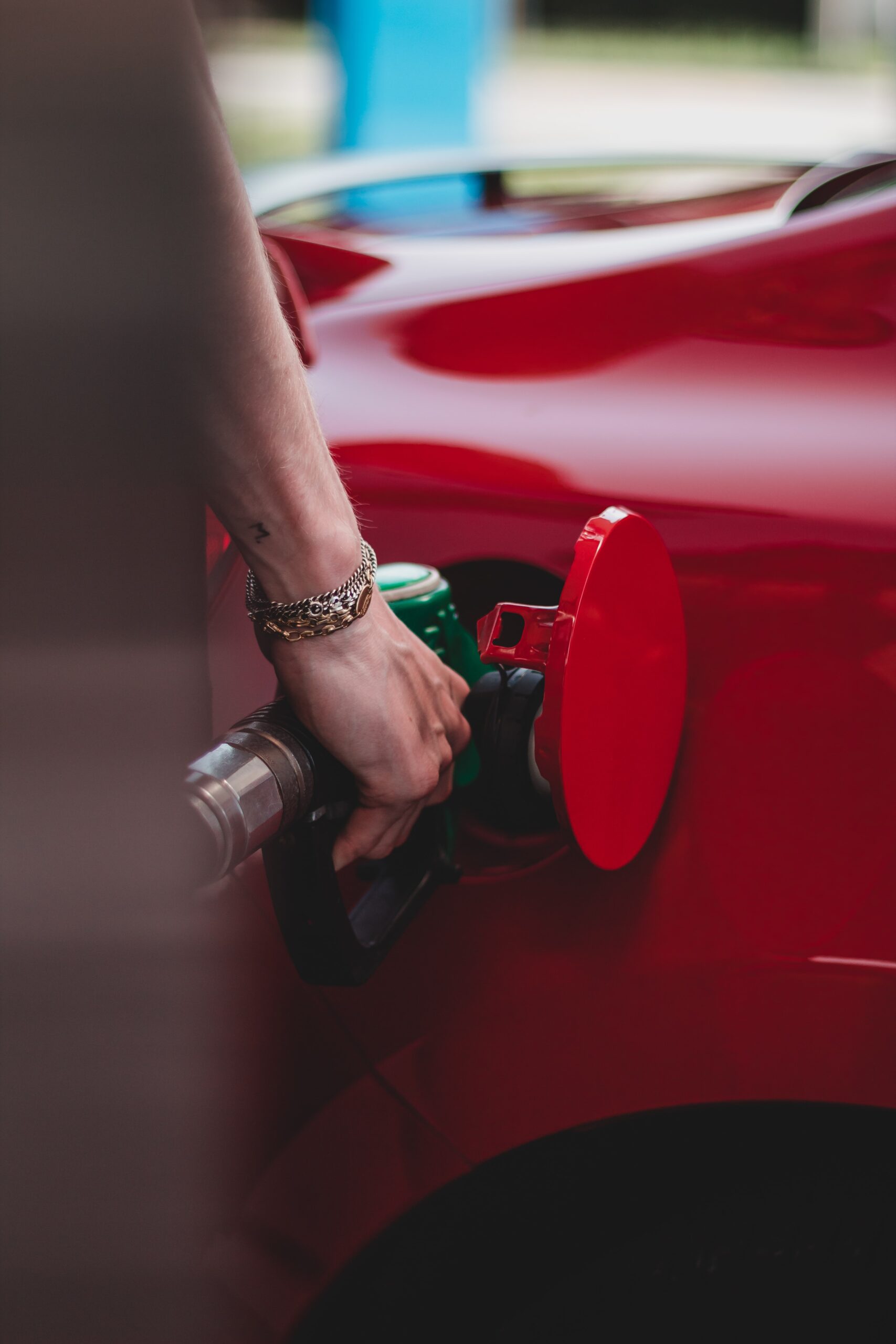How to Improve Your Vehicle’s Fuel Efficiency

With school out and vacations in, a bit more driving is common during these months. Whether you’re dealing with rising gas prices or looking at ways to shrink your budget, now is a great time to reflect on your driving habits. The easiest and most effective way to improve the fuel economy of any car is to modify those habits. To help you save money where you can, here are a few ways to help your vehicle’s fuel efficiency.
- Minimize cold engine operation: To save fuel, start the engine and then drive the car normally to warm the engine to operating temperature more rapidly.
- Drive conservatively: Avoid rapid acceleration and hard braking, which can lower fuel economy by 15 to 30 percent at highway speeds and 10 to 40 percent in stop-and-go traffic.
- Shift gears efficiently: If your car has a manual transmission, upshift as soon as practical. When coming to a stop, use the brakes rather than downshifting to slow the car.
- Anticipate road conditions: Monitor the traffic ahead and “time” stoplights to maintain momentum and avoid unnecessary acceleration and braking.
- Observe speed limits: Fuel economy peaks at around 50 mph on most cars, then drops off as speeds increase. Reducing highway speeds by 5 to 10 mph can increase fuel economy by 7 to 14 percent.
- Use cruise control. Minimizing speed fluctuations on the highway saves gas. However, never use cruise control on slippery roads as it could cause a loss of vehicle control.
- Use a “fast pass” on toll roads. These electronic transponders save fuel by minimizing or eliminating tollbooth slowdowns and stops.
- Avoid excessive idling. A car engine consumes one quarter to one-half gallon of fuel per hour when idling, but a warm engine only takes around 10 seconds worth of fuel to restart. Where safe to do so, shut off your engine if you will be stopped for more than a minute.
- Plan your trips. Combine errands and route your travel to minimize backtracking. Identify “one-stop” business locations where you can do multiple tasks (banking, shopping, etc.) without extra driving.
- Avoid rush hour. If your employer supports “flex time” work hours, take advantage of this option to commute and run errands during off-peak traffic periods.
Another important thing to do is maintain your vehicle’s maintenance. A well-maintained car is a long-living car. Filthy air filters, spark plugs and connections can all affect your fuel economy. When you follow the maintenance schedule recommended by your dealership, your vehicle will be more efficient and produce fewer greenhouse gas emissions. Schedule regular tune-ups with your dealership to replace air filters, motor oil, tire rotations, and more.
If you or someone you know has been the victim of a careless or reckless driver, call 1-800-411-PAIN and get the help you need! We will refer you to the attorneys that will fight to get you the compensation you deserve and the medical attention you need. If you have been hurt in an accident, call 1-800-411-PAIN, and we will guide you in finding you the best medical and legal professionals.



